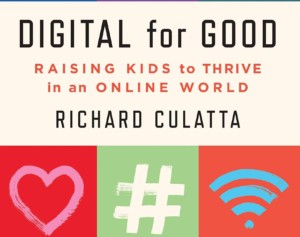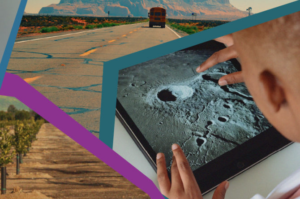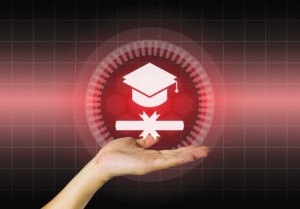Q&A: Sen. Hill On the Importance of Ed Policy in the Digital Age

Senator Andy Hill, who serves on the Early Learning and K-12 Education, Higher Education and Transportation committees, was elected to the Senate in 2010 with a focus on building a sustainable education budget and future for Washington State.
Senator Hill comes from a physics, computer science and mathematics background, having worked at Microsoft for 11 years. His final two years at Microsoft, he developed new learning and content delivery platforms for K-12 schools.
The topic of personal digital learning in education is a passionate subject for Senator Hill. Today, he shares with us the ways that digital learning can deliver better education and reduce costs in light of education budget cuts. Discover in the Q&A below the policy challenges we face and the ways that communities can get involved.
Q: What inspires you about the online learning, blended learning and personal digital learning movement in education?
A: My software background provides me with an appreciation and understanding of the promise and benefits of using technology to better deliver education. Digital learning has the potential to drive great benefits in outcomes and in efficiency, and offer additional learning choices for kids.
Q: Did you have a favorite teacher? How has that teacher impacted your life?
A: I’ve been fortunate to have had a number of great teachers, including a volunteer tutor/mentor in third grade that really had an impact on my love and understanding of math and its applications.
Q: What do you feel is the biggest hurdle in developing policy around digital learning in education?
A: I think the biggest hurdle is making the benefits known to educators and policymakers, and convincing them that the changes will benefit kids and our overall education outcomes. The current system is highly resistant to change, but when decisions are based on what is best for kids, developing policy that includes digital learning clearly makes sense.
Q: The Fordham Institute recently published “The Costs of Online Learning,” which states that online and blended learning models are on average a third less the cost of traditional schools. In light of the recent Washington Supreme Court ruling on education reform and spending and the financial struggle we face today, how do you feel personal digital learning can streamline efforts in education?
A: I think it can cut costs and improve outcomes. Deployment of technology over the past 30 years has driven substantial productivity gains in most industries. However, education has not seen similar benefits and gains, and lags the rest of industry and society in deployment and gains.
Q: State legislatures convene this week, what are your biggest goals in 2012 education policy?
A: Protect funding for K-12 and Higher Education and drive reforms in K-12 that will ensure we have great teachers for every kid, help struggling schools and reform our funding and financing.
Q: How can educators and parents make an impact on current state policies around digital learning?
A: Contact your legislators! Have coffee with them. Invite them to your school or home to show what digital learning has done for you. Come to Olympia.
—
Senator Hill plans to continue the discussion on digital learning and online learning options with policymakers this evening at theWashington Online Learning Symposium in Olympia, Wash.







0 Comments
Leave a Comment
Your email address will not be published. All fields are required.